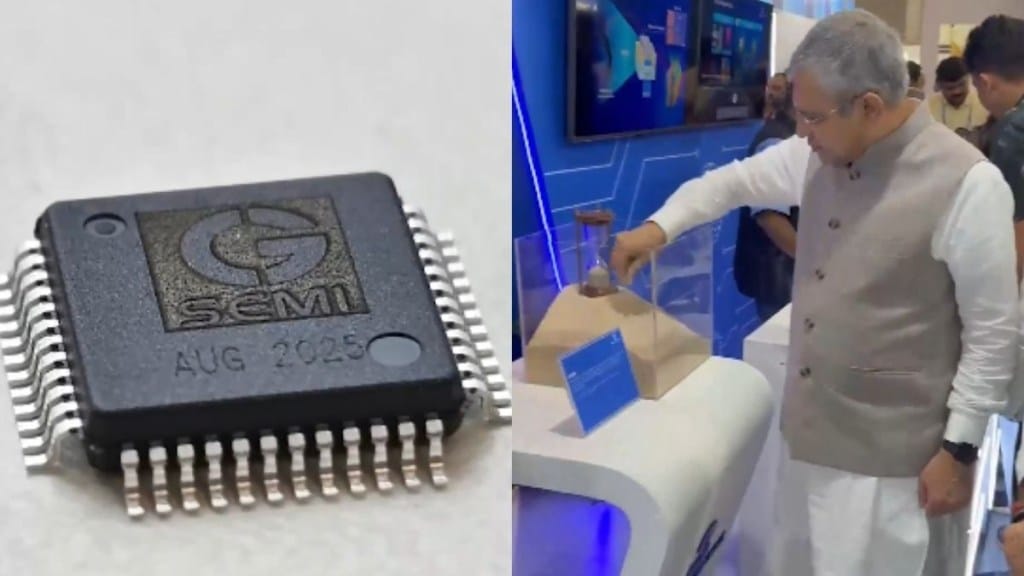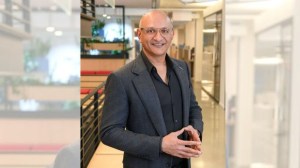India is heading in the direction of achieving a semiconductor milestone with turning the ‘Made in India’ chips dream into a reality very soon. Electronics and IT minister Ashwini Vaishnaw on Tuesday presented India’s first fully indigenous 32-bit microprocessor to Prime Minister Narendra Modi, signalling the country’s giant step in developing semiconductor technology to achieve self-reliance in critical sectors.
On Friday, Union Minister Vaishnaw shared a video on social media platform X and shared the complex process of chip manufacturing.
“Chip manufacturing is an extremely complex process. A simplified representation,” the caption of the 52-second long video read.
Process of chip manufacturing
The minister said the entire process of chip manufacturing starts with silica sand, which is melted and purified into pure silica ingot.
“The process basically starts with the silica sand. If you look at this sand, this is where it all begins. This sand is basically melted and purified to make a pure silica ingot,” he said.
“This is the ingot, which is silicon ingot. This silicon ingot is then sliced into small wafers. These are the wafers that you see,” he added.
⚠️ Chip manufacturing is an extremely complex process.
— Ashwini Vaishnaw (@AshwiniVaishnaw) September 5, 2025
A simplified representation👇🏻 pic.twitter.com/Vz1gldWuAv
Showing the wafer, Vaishnaw added, “This is a wafer. And on this wafer, the entire chip is fabricated, that is, designed. The entire design is put on this wafer.”
And then the individual chip is taken out of this,” he said, adding that the ATMP is done, which basically makes the chip people finally see.
“I am very glad that the entire ecosystem is now coming to India,” he added.
India’s semiconductor push
Electronics and information technology minister, Ashwini Vaishnaw on Tuesday described India as a lighthouse of stability and growth at a time when the world grapples with uncertainty, and urged global industry leaders to invest in the country’s burgeoning semiconductor ecosystem.
Speaking at the Semicon India 2025 conference, he said India’s stable policy framework, strong demand and expanding talent base make it one of the most promising investment destinations today.
India is dependent on foreign-made processors for critical aerospace applications, which poses risks such as export restrictions, supply disruptions, or potential security vulnerabilities. With Vikram-32, India has achieved self-reliance in high-end semiconductor design and fabrication.








